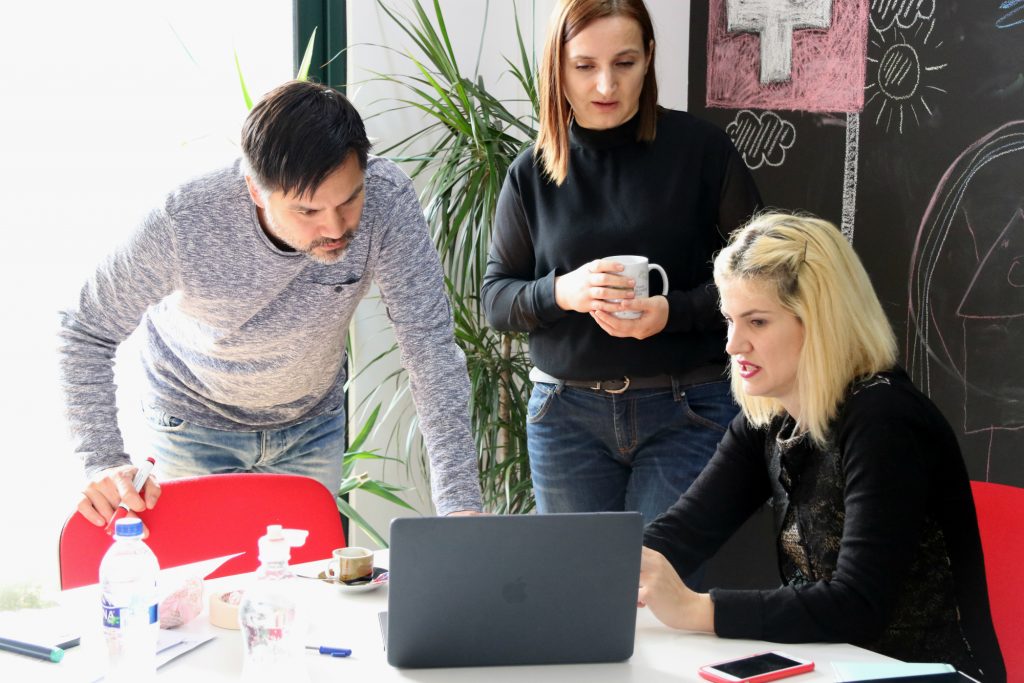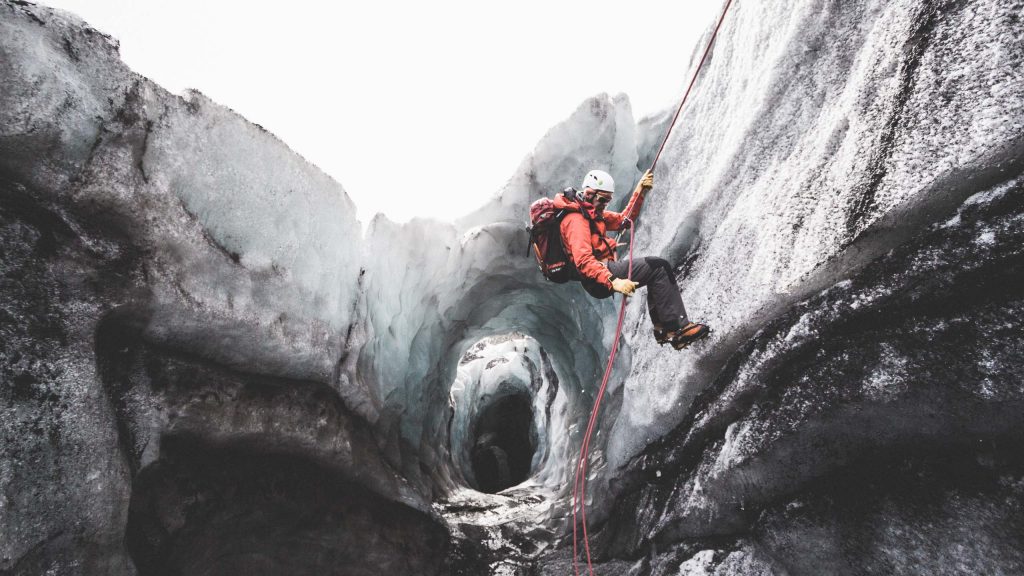A lot of general business advice notes the importance of mentorship in establishing the foundation for professional success. Several studies note companies invested in mentorship see a return on that investment in performance, productivity, and innovation. Mentees often have higher retention rates and more access to insider knowledge and power, which can help fast track a career path.
Within the growing adventure travel sector, young leaders are filling in roles at established companies and establishing their own companies. Some take their first professional steps with a mentor, who offers advice, insight, and answers about this enticing but complex industry. Still others are in business for a while before seeking out a mentor when they’re ready to grow further.
There is plentiful run-of-the-mill, generic information about mentorship programs, but what, exactly, does the ideal mentorship look like in adventure travel? In interviewing several young professionals affiliated with the Adventure Travel Trade Association (ATTA), their professional needs and desires fell into a few key areas: skill building and operational insight, professional connections, and candid and practical experience. The insight provided by these mentees offers a blueprint for companies and would-be mentors as they help lead the next generation to success.
Skill Building and Operational Insight
Mentorship programs can help demystify the political, logistical, and multi-faceted aspects of this increasingly interconnected and international industry.
Blerina Ago is founder of the Albania Rafting Group and currently developing and launching the Albanian Adventure Resort, a social enterprise focused on developing adventure tourism. Though Ago, 31, has been an active river rafter since age 14, she credits her participation in the Young Transatlantic Innovative Leaders Initiative (YTILI) and current mentorship with the Swiss Entrepreneurship Program for helping guide her through the industry’s challenges. “YTILI strengthened my skills for strategic thinking in terms of taking action to implement faster initiatives related to adventure tourism, rural development, education, and the well-being of young people,” Ago said.

Kylik Kisoun Taylor, 34, owner of Tundra North Tours, had been in business for approximately eight years when he turned to mentorship to help take his company to the next professional level. “I was looking for a mentor who had an understanding of the industry — someone who had worked in a private enterprise before and understood the wholesale market — because that was the biggest jump we had to make as a business,” Kisoun Taylor said. “I had never done that and didn’t have anyone around me who had ever done that, so my mentor was very helpful in walking us through that process.”
He found his mentor, Roger Wheelock, a tourism veteran, through a three-year mentorship program with the Canadian Executive Service Organization (CESO). With more clarity on how his company could expand, Kisoun Taylor and Wheelock worked together to develop a long-term marketing plan and strategy, which his company is still putting in place as resources become available.
In addition to developing particular skills and seeking specific advice, mentees said having someone available to serve as a sounding board while working through general questions about navigating a career arc and long-term goals was important, especially for those fresh in the industry. Mentors can help young leaders turn a dream and desire into a sustainable business by being supportive but truthful as mentees test the professional waters.
“In both mentorship programs, the most important help for me is finding answers to my questions from professionals in the field or in the tourism industry who have already successfully passed through the same challenges I do on a daily basis,” Ago said. “It’s invaluable to have a mentor whose journey is complementary to yours, especially when the mentors are open and honest about their experiences, which has provided me with great lessons.”
Professional Connections
Throughout both of her formal mentorship programs, Ago met other professionals who have further advanced her understanding of the adventure travel industry. Through YTILI, this meant spending time with entrepreneurs working in Europe and America who explained the nuances of fundraising, bylaws regulations, and communication. Her mentorship in the Swiss Entrepreneurship Program allows Ago to continue developing that valuable professional network with the help of an international consultancy as she prepares to launch Active Albania, an initiative bringing together the local tourism community to support the country’s economic growth and sustainable development. “I am working with advertising experts, entrepreneurship consultants, brand strategy and marketing communications specialists, and copywriters to prepare the launch of this new initiative,” she said.
In guiding Tundra North Tours through the wholesale side of adventure travel, Kisoun Taylor’s mentor introduced him to the ATTA, where he’s had a chance to connect with other professional partners. “He was able to help us take our company where we wanted it to go,” Kisoun Taylor said. “I learned a lot from my experience, and it pushed us in a direction that was very good for us.”
Candid and Practical Experience
In adventure travel, the most valuable mentorship experiences may have nothing to do with business logistics. It was through informal mentorship experiences in the wilderness that gave Ryan Connolly, 31, and his colleagues the confidence they needed to establish their company, Hidden Iceland, which recently celebrated its 500th day in business. He said it’s easy enough to go through the motions of completing on-the-ground training, but informal mentoring that went beyond the fundamentals made a big difference for him.

“To really expand your learning and gain confidence in real-world wilderness settings, you need to get your hands dirty on days off in more intense adventures. The only way to do this is to have the help from more experienced mountaineers — people who are willing to take you out of your comfort zone without clients and really put you in dangerous places under their tutelage,” he said.
During these mentorship days, Connolly found unexplored glaciers to hike on, assessed the safety of undiscovered ice caves, and honed his ice-climbing skills. And now that Hidden Iceland is established, the company’s founders are already giving back to others. “We now share our experiences informally with other guides in the community as much as possible,” he said.
Regardless of whether a mentorship is formal or informal and takes place in an office setting or out in the wilderness, the most beneficial experiences require input and effort on behalf of both mentor and mentee. Further, a successful mentorship experience is one in which both parties often learn from each other. “A mentorship program is only as good as the quality of the mentor and the quality of the mentee,” Kisoun Taylor said. When the match is a good fit, though, the entire adventure travel industry benefits from the confidence and capabilities of a new generation of young leaders.
This article is part of an Adventure Travel Trade Association (ATTA) initiative addressing important topics identified as critical to the protection and continued advancement of the adventure travel industry. Each initiative — eliminating plastics, women in leadership, climate action, and young leaders — has a dedicated team focused on building awareness of, advancing educational opportunities in, and creating a lasting impact on each of these areas within the adventure travel industry. We invite you to visit the ATTA’s initiatives page where you can access reports, read the latest news, participate in active projects, and join conversations within the membership community.
